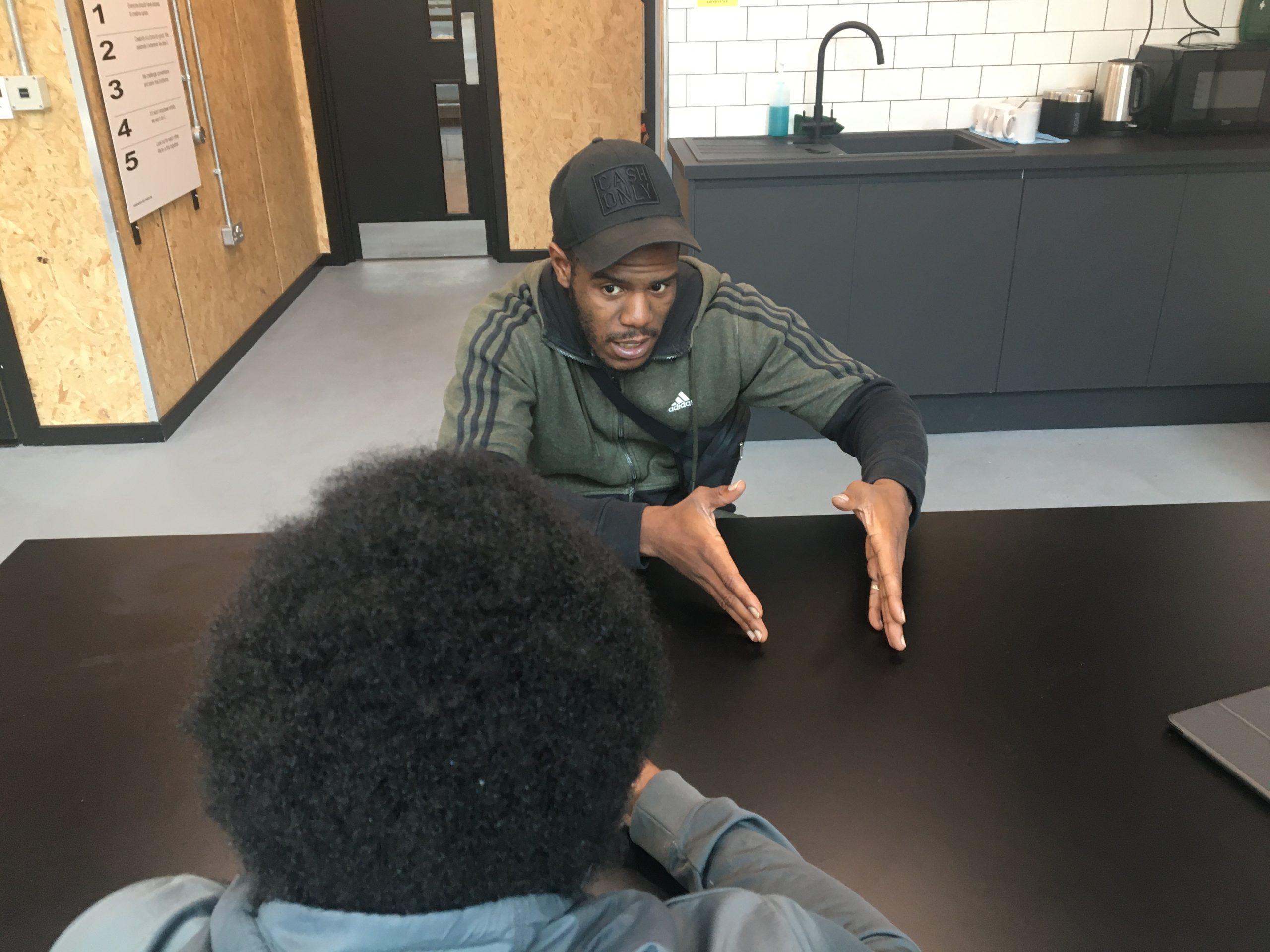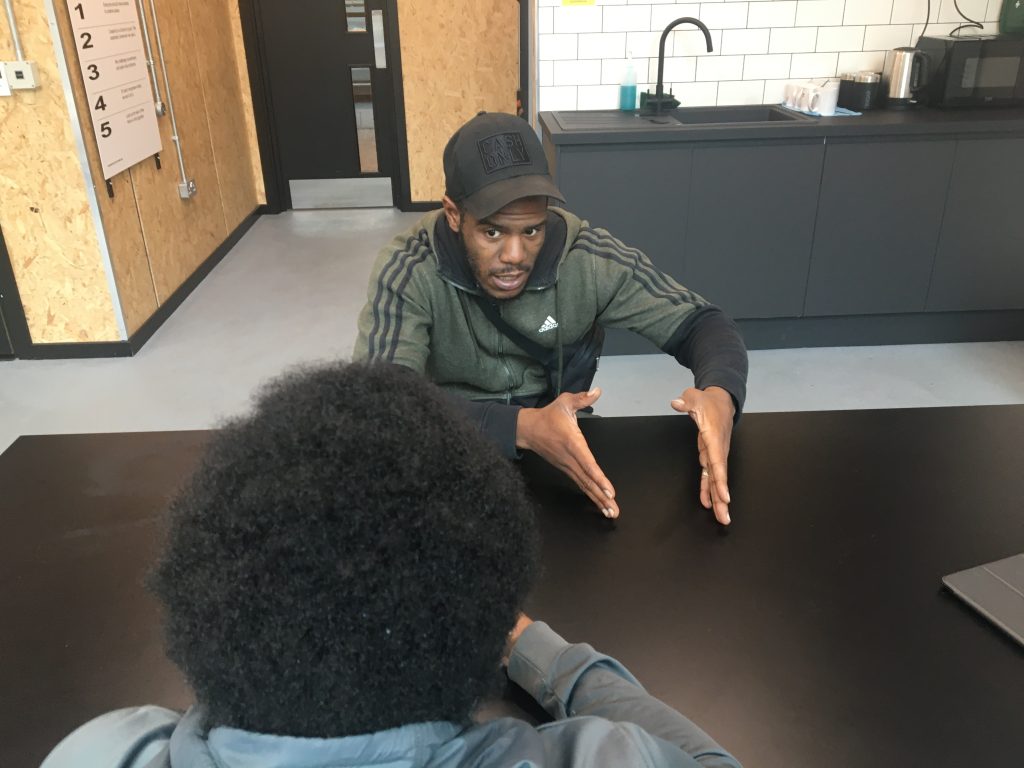
 As a leader, you understand the importance of creating a culture that encourages diversity and inclusion. But how do you ensure everyone has access to the same opportunities for growth and development? One way is the mentorship of young people furthest away from advantage and from Global Majority backgrounds.
As a leader, you understand the importance of creating a culture that encourages diversity and inclusion. But how do you ensure everyone has access to the same opportunities for growth and development? One way is the mentorship of young people furthest away from advantage and from Global Majority backgrounds.
Simply put, mentoring is a powerful tool for ensuring everyone has equitable access to professional growth. Here’s why mentoring is critical for supporting young people in navigating structural barriers.
Mentoring Can Help Identify Structural Barriers
One of the most difficult aspects of navigating structural barriers is identifying them. This is where mentorship can be especially helpful, as it allows young people to gain insight into their own experiences and those of others. Through conversation, mentors can help mentees identify patterns in their careers shaped by unconscious bias or systemic discrimination and advise on safe and progressive strategies for overcoming those barriers. For example, if a young person is being passed over for promotions due to their gender or race, a mentor may be able to guide how they can advocate more effectively or address any issues around the familiar lack of confidence, imposter syndrome or the more complicated issue of systemic racism.

Mentoring Can Foster Career Growth in Unconventional Ways
Another way mentoring can help navigate structural barriers is by providing career guidance outside of traditional paths. Too often, certain roles are closed off to individuals based on ethnicity, religious beliefs or cultural practices, preventing them from accessing job opportunities that others take for granted. Mentors can offer support by providing advice on alternative pathways that will allow young people to explore new areas and develop new skill sets outside of traditional routes. They can also serve as advocates in situations where a young person may feel like they’re facing unfair treatment because of their background or identity—a strong mentor/mentee relationship can act as a buffer against this kind of discrimination.
Mentoring Helps Build Networks & Connections
Finally, having a mentor opens up access to valuable networks and connections which are often inaccessible due to structural barriers such as race or class. By leveraging these networks and connections, young people can better expand their career options and find potential mentors who specialize in particular fields that interest them—such as technology, finance, law, etc.—which gives them more opportunities for advancement than going it alone would provide them with. Additionally, having a mentor who understands young people's challenges when trying to break through structural barriers gives young mentees the confidence they need to succeed despite these obstacles.
Conclusion
Mentoring is a great resource for helping young people navigate structural barriers in their professional lives—but organisations must encourage this practice so everyone has equal access to opportunity regardless of background or identity. With proper guidance from experienced professionals who understand the unique concerns faced by young people attempting to overcome these types of obstacles, anyone can achieve success despite them! Creating an inclusive environment starts with fostering relationships between mentors and mentees; so don’t wait—start connecting today!
Contact us today
Join our amazing team of volunteer corporate mentors today, call on 02081588500 or complete this register of interest form to kickstart your onboarding process.
Learn more about Corporate Volunteer, Diego's journey with The Mentoring Lab
Watch now: https://youtu.be/WwQi7grY2NY